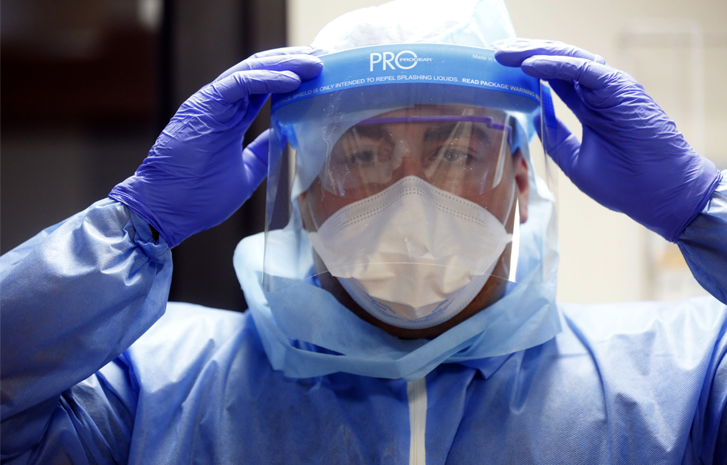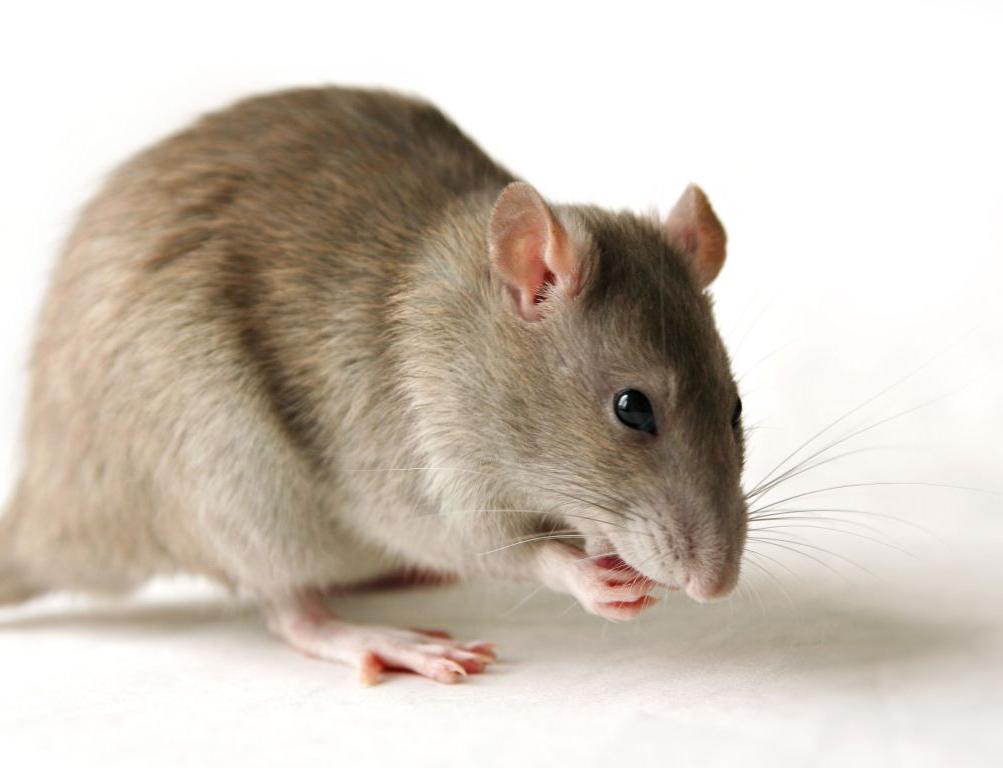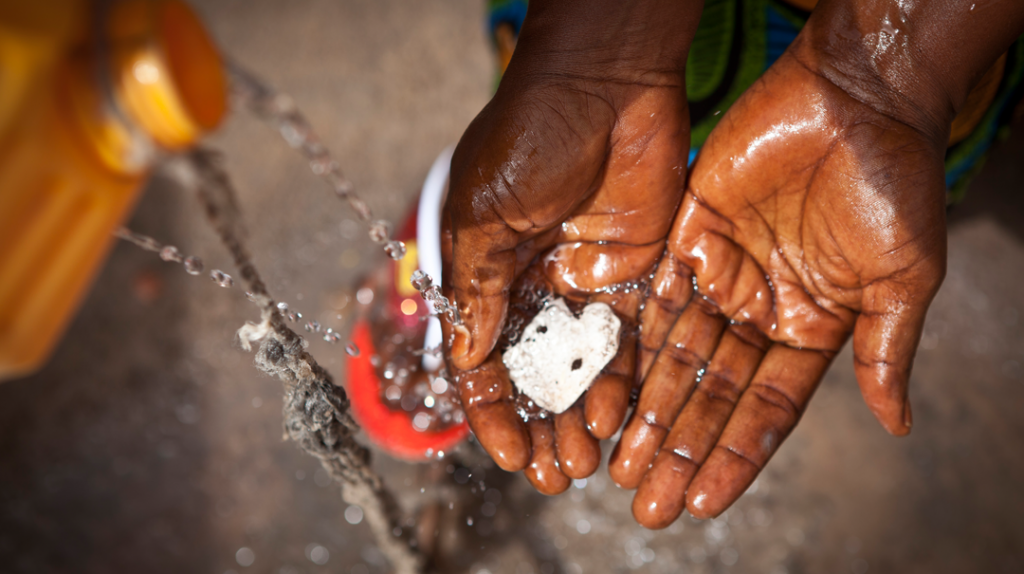Since early 2018 Nigeria has been overcome with an outbreak of Lassa fever. The disease has already claimed lives and caused hundreds of people to seek medical treatment. Find out everything about Lassa fever in Nigeria right now!
Stay healthy and safe with the Jiji app
1. What is Lassa fever?
Even though the Lassa fever outbreak in Nigeria is fairly recent, the disease has been known since 1969. Despite the efforts in Lassa fever prevention, the disease is still spreading – most importantly, due to often being misdiagnosed and, subsequently, mistreated.
The symptoms of Lassa fever can range in severity, but often they include cough and difficulty breathing, stomachache, vomiting and diarrhea, swollen face and airways, and haemorrhaging from the nose, eyes, or gums. Lassa fever also often results in temporary or permanent hearing loss.

2. 2018 Lassa fever outbreak in Nigeria
The Nigerian Centre for Disease Control first reported Lassa fever in January as an “unprecedented outbreak”. The diagnostics of the disease was initially complicated by the symptoms of Lassa fever being easily confused with malaria, which is another disease that is endemic to Nigeria.
By mid-March the fever has claimed the lives of 78 people, including many health workers who were infected by patients. Over 350 patients are confirmed to have been infected with Lassa fever, and up to 800 people are still suspected to have been infected.

3. What causes Lassa fever?
The causes of Lassa fever in Nigeria have discovered back during the first outbreak of the disease in the late 1960s. It is now known that the causes of Lassa fever are infected multimammate rats, who can in turn infect the food and water consumed by people, as well as other items that are used in Nigerian households.
Another way to get infected by Lassa fever is through a contact with the bodily fluids of a person who has already been infected. That is why it’s so crucial for Lassa fever patients or those who suspect they may have been infected to seek timely medical treatment.

4. Treatment and prevention of Lassa fever
So, now that you know more about the deadly disease, you probably have one question: how to prevent Lassa fever? Unfortunately, at the moment there is no vaccine against Lassa fever. However, there are ways to protect yourself against the infection:
- Store food and water in rat-proof containers
- Don’t keep garbage close to your home or inside of it
- Keep a pet cat to keep the rats from entering the house
- Introduce extra hygienic measures for your whole family
- If you already have a person infected with Lassa fever in your home, stay away from their blood and other bodily fluids to prevent the disease from spreading
The only effective Lassa fever treatment is an antiviral drug ribavirin, although it needs to be prescribed early in the course of the disease to be effective in the treatment. Over the course of treatment it’s also important to maintain the electrolyte balance and fluid levels due to the risk of dehydration.
Even though there is currently no vaccine for Lassa fever and ribavirin does not have any prophylactic properties, a lot of work is done to design a vaccine that will efficiently protect Nigerians against the dangerous disease.

Maintain your health and wellness with the Jiji app






